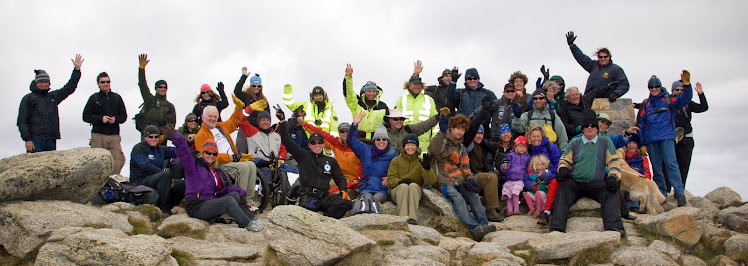Taylor & Francis Online :: Interconnecting mobilities on tour: tourists with vision impairment partnered with sighted tourists - Tourism Geographies -
An excellent article by Dr Jennie Small exploring a specialist tourism company who matches people with vision impairment with sighted guides.
Abstract
An excellent article by Dr Jennie Small exploring a specialist tourism company who matches people with vision impairment with sighted guides.
Abstract
While there has been a developing interest in mobilities amongst tourism scholars, the notion of immobilities has often been ignored. Yet, there are many people who do not participate in tourism or, if they do, only experience partial mobility. This study focussed on a tour to Italy byTraveleyes, a company which provides holiday opportunities for people with vision impairment as well as for sighted tourists who act as guides for those with impairment. The research examined the experiences of both tourist groups and the intersection of their mobilities. The methods of study were autoethnography and questionnaire survey. The findings suggested that mobilities were facilitated in the partnership. For those with vision impairment, facilitation of mobility allowed them to enjoy some of the rights to citizenship and quality of life experienced by those who are sighted while the sighted guides learned new ways of mobility. At the same time, mobilities could also be constrained by the personality, interests and motivation of the sighted guide or the person with vision impairment. At times, different tour members had control over mobility and thus control over space; power was relational. Social barriers that affected the experience, combined with the evident embodiment of the tourist experience, suggested the appropriateness of ‘embodied ontology’ as a means for understanding the experience for tourists with vision impairment and their sighted guides.
 |
| Photo 1: City of Sydney Braille street signs 2016 Source |
- Keywords:
- vision impairment,
- sighted guide,
- mobilities,
- immobilities,
- embodiment,
- walking,
- tourist experience
- Jennie Small is a senior lecturer in tourism management at the University of Technology, Sydney. Her specific teaching and research interest is tourist behaviour from a critical tourism approach, focusing on equity and social justice issues in tourism. Her research publications relate to embodiment, gender, disability (vision impairment), obesity, age and the life course.









